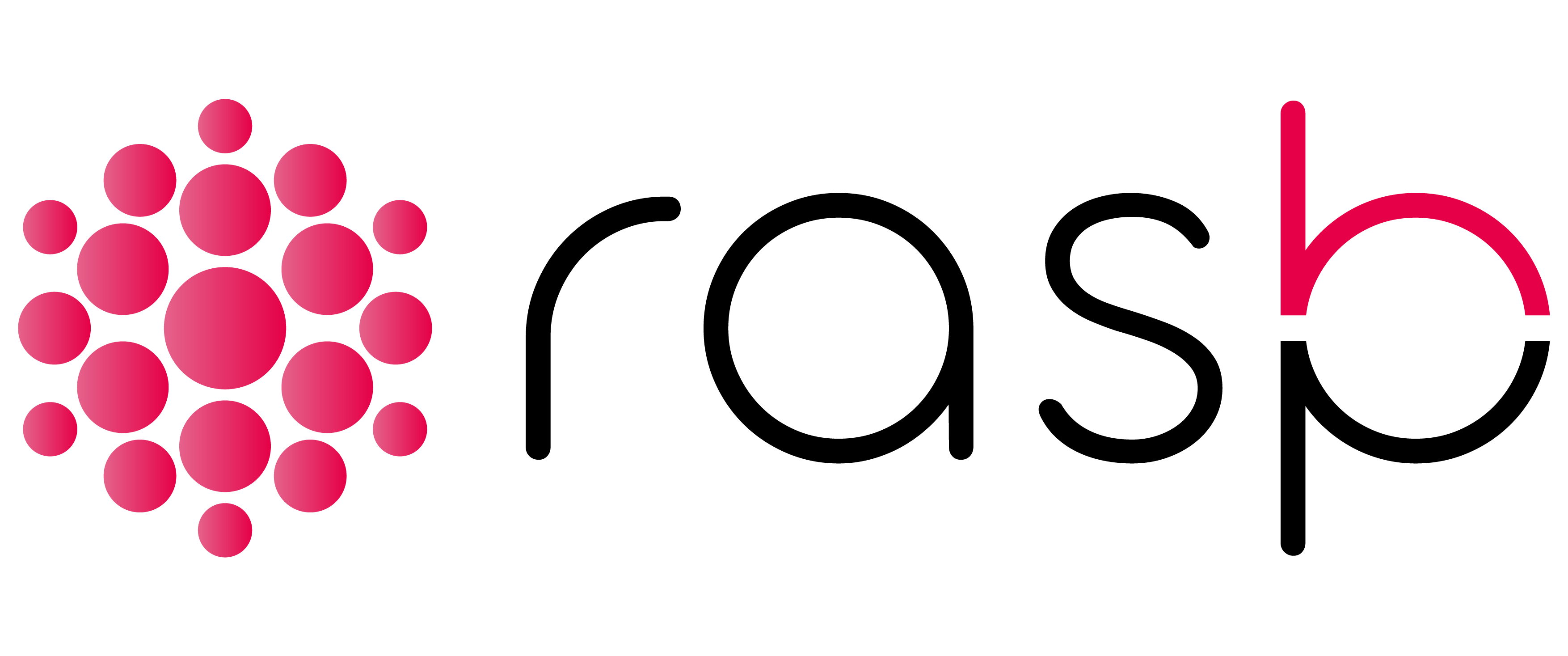Introduction
The scheduling of applicant information days for the EIC Accelerator on January 15th and 16th, just less than two months before the critical March 13th deadline, poses significant timing challenges for applicants. This tight timeline can lead to rushed preparations and potential disappointments, especially considering the extensive amount of time required to craft a thorough application for both Step 1 and Step 2 of the process.
Analyzing the Time Constraints
- Preparation Time for Step 1: Typically, applicants need at least one month to prepare for Step 1 of the EIC Accelerator application. This phase involves developing a concise yet comprehensive innovation project proposal, which requires in-depth research, planning, and documentation.
- Extensive Work for Step 2: Step 2 of the application is even more demanding, often necessitating a two-month preparation period. This step requires a detailed business plan, pitch deck, and other supporting documents that demonstrate the project’s feasibility, market potential, and innovation.
- Cumulative Preparation Time: Combining the time needed for both steps, applicants generally require a minimum of three months to prepare a competitive application. This timeline is crucial for ensuring that all aspects of the proposal are well-researched, thoughtfully presented, and align with the EIC’s stringent criteria.
The Impact of Short Notice
- Rushed Preparations: With less than two months from the information days to the deadline, applicants are forced into a condensed preparation period. This rush can lead to suboptimal applications, with potential compromises in quality and thoroughness.
- Increased Stress and Pressure: The short notice increases stress and pressure on the teams responsible for preparing the applications, which could impact their well-being and the overall quality of the application.
- Potential for Overlooking Key Details: Under time constraints, there’s a higher risk of missing crucial details or failing to fully develop certain aspects of the proposal, which could be detrimental to the application’s success.
Strategies to Mitigate Timing Challenges
- Early Preparation: Start preparing for the application well in advance of the information days. Gather necessary data, begin drafting key documents, and formulate strategies ahead of time.
- Efficient Time Management: Develop a strict timeline for application preparation, allocating specific periods for each component of the application process. This structured approach can help maximize efficiency under time constraints.
- Leverage Expert Assistance: Consider engaging with professional grant consultants or writers who can expedite the preparation process without compromising on quality.
- Prioritize Key Application Components: Focus on the most critical elements of the application first, ensuring they receive the attention and detail required.
Conclusion
The scheduling of the EIC Accelerator applicant info days with less than two months before the deadline presents a significant challenge, particularly in terms of the time needed to prepare a strong application. By starting early, managing time efficiently, leveraging expert assistance, and focusing on key components, applicants can better navigate these time constraints and improve their chances of success.
The articles found on Rasph.com reflect the opinions of Rasph or its respective authors and in no way reflect opinions held by the European Commission (EC) or the European Innovation Council (EIC). The provided information aims to share perspectives that are valuable and can potentially inform applicants regarding grant funding schemes such as the EIC Accelerator, EIC Pathfinder, EIC Transition or related programs such as Innovate UK in the United Kingdom or the Small Business Innovation and Research grant (SBIR) in the United States.
The articles can also be a useful resource for other consultancies in the grant space as well as professional grant writers who are hired as freelancers or are part of a Small and Medium-sized Enterprise (SME). The EIC Accelerator is part of Horizon Europe (2021-2027) which has recently replaced the previous framework program Horizon 2020.
This article was written by ChatEIC. ChatEIC is an EIC Accelerator assistant that can advise on the writing of proposals, discuss current trends and create insightful articles on a variety of topics. The articles written by ChatEIC can contain inaccurate or outdated information.
Are you interested in hiring a writer to apply for grants in the EU?
Please feel free to reach out here: Contact
Are you looking for a training program to learn how to apply for the EIC Accelerator?
Find it here: Training

